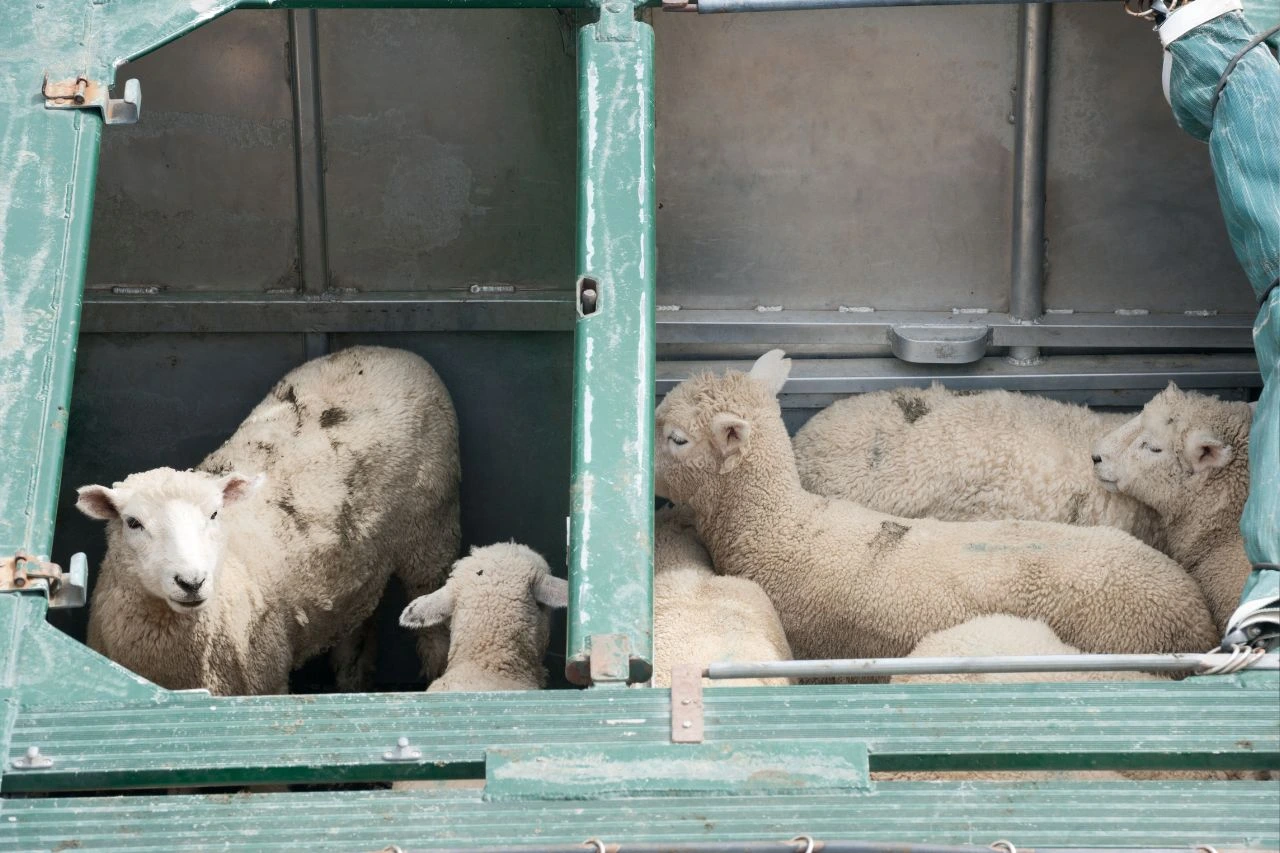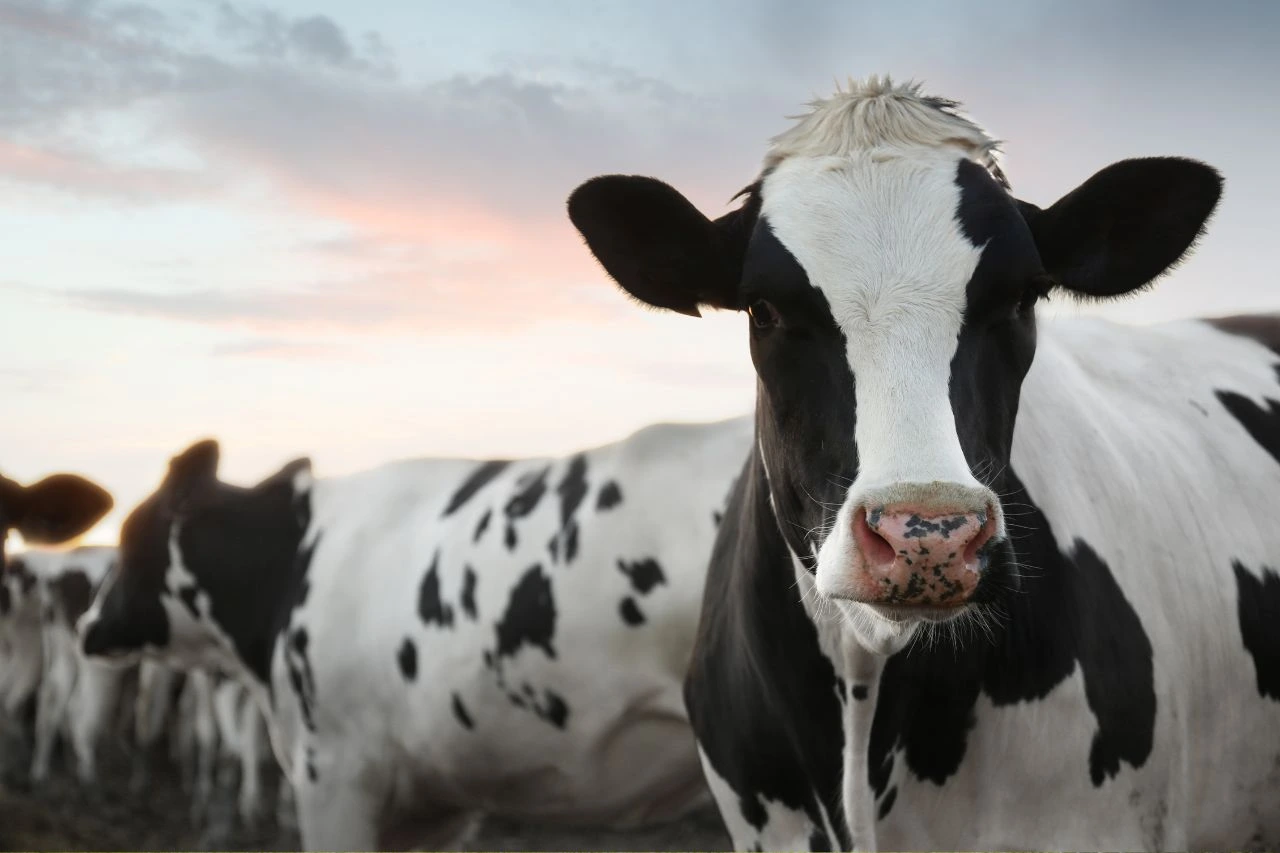Wondering how much it costs to transport livestock in the UK? Transporting livestock in the UK requires meticulous planning, expert handling, and a solid understanding of various cost components. Whether you're moving cattle, sheep, pigs, goats, or horses, several factors affect the total cost of livestock transport.
In this comprehensive guide, we’ll break down the livestock transport cost structure to help you make informed decisions, minimise stress on animals, and for compliance with regulations.
How Much Does it Cost to Transport Livestock in the UK?
Livestock transport costs in the UK vary based on distance, animal type, group size, and compliance with animal welfare regulations (e.g., DEFRA and EU-derived rules). Costs typically include vehicle hire, fuel, driver time, and additional services like bedding, feed, rest stops, and paperwork.
Group transport is generally more cost-effective per animal than individual transport. Below is a breakdown of costs for cattle, sheep, pigs, and horses, based on typical industry rates.
Get licensed livestock transport services from JCS Livestock!
Cattle Transport Costs
- Short to Medium Distances (up to 100 miles): £0.50–£1.50 per mile per animal. Costs are higher for smaller groups due to fixed expenses.
- Long Distances (over 200 miles): £0.70–£1.40 per mile for a full truckload (typically 20–40 cattle, depending on vehicle size). Per-animal costs decrease with larger loads.
- Additional Costs: Rest stops (mandatory for journeys over 8 hours), feed, bedding, and paperwork (e.g., movement licenses) can add £50–£200, depending on distance and requirements.
Cattle require sturdy, welfare-compliant vehicles with adequate space and ventilation. Group transport significantly lowers costs per head.
Sheep Transport Costs
- Short to Medium Distances (up to 100 miles): £0.50–£1.20 per mile per animal, with costs decreasing for larger groups (e.g., 50–100 sheep per load).
- Long Distances (over 200 miles): £0.70–£1.30 per mile for a full load. Larger groups reduce per-animal costs.
- Additional Costs: Rest stops, feed, bedding, and transport documents may add £30–£150 per trip, depending on journey length and regulations.
- Notes: Sheep are often transported in large groups, making them cost-effective.
Welfare rules require sufficient space and ventilation, with mandatory rest stops for long journeys.
Goat Transport Costs
- Short to Medium Distances (up to 100 miles): £0.50–£1.10 per mile per animal, with costs decreasing for larger groups (e.g., 40–100 goats per load).
- Long Distances (over 200 miles): £0.75–£1.40 per mile for a full load. Per-animal costs are lower when transporting larger groups.
- Additional Costs: Rest stops, feed, bedding, and paperwork (e.g., movement licenses) may add £30–£150 per trip, depending on journey length and regulations.
Goats have similar welfare needs to sheep, requiring well-ventilated, spacious vehicles. They may need extra care due to their agile nature, which can slightly increase costs compared to sheep. Group transport is more economical.
Pig Transport Costs
- Short to Medium Distances (up to 100 miles): £0.60–£1.20 per mile per animal, with lower per-animal costs for larger groups.
- Long Distances (over 200 miles): £0.80–£1.50 per mile for a full load (typically 50–150 pigs, depending on vehicle size).
- Additional Costs: Pigs require well-ventilated vehicles and extra space, increasing costs. Rest stops, cleaning, bedding, and paperwork can add £50–£200 per trip.
Pigs are sensitive to stress and overheating, so specialised vehicles are essential. Group transport is more economical, but welfare checks are mandatory for long journeys.
Horse Transport Costs
- Short Distances (under 50 miles): £150–£400 per horse, equating to £5–£20 per mile for a single horse. Costs are higher due to specialised handling and smaller load sizes (1–4 horses).
- Long Distances (over 200 miles): £1.00–£2.50 per mile per horse, with lower rates for multiple horses. For example, transporting 2–4 horses may reduce costs to £0.80–£1.50 per mile per horse.
- Additional Costs: Bedding, feed, insurance, and rest stops can add £50–£300 per trip. Waiting time (e.g., at events) may incur extra fees.
Horses require licensed transporters, welfare-compliant vehicles (e.g., padded partitions, non-slip floors), and trained handlers. Costs are higher than for other livestock due to individual care needs.
Get reliable horse transport services with JCS Livestock!
Key Factors that Affect Livestock Transport Costs
Each animal species has different space and welfare requirements. For instance:
- Cattle and Horses require more space and stronger, ventilated trailers.
- Sheep and Goats are smaller but may need group segregation.
- Pigs are highly sensitive to heat and stress, requiring controlled environments.
The larger and more sensitive the animals, the higher the transport cost.

2. Distance and Route Complexity
- Short-haul trips (under 65 km) may cost £200 to £400, depending on the number of animals.
- Medium distances (65 km to 300 km) can range from £300 to £700.
- Long-haul or cross-country transport (300 km and above) may cost £700 to £1,500+, especially if overnight rest stops are involved.
International transport, such as UK to Europe, introduces ferry fees, customs clearance, animal health certification, and can push prices above £2,000-£5000 per load.
3. Mode of Transport Used
- Road Transport (Livestock Lorries & Trailers): Most common and economical. Charges are based on mileage, number of animals, and type of vehicle used.
- Air Freight Used for high-value animals (e.g., breeding stock or horses). Costs range from £3,000 to £10,000+, depending on the crate size and destination.
- Sea Freight Applicable for large-scale international shipments, with variable costs depending on port fees, documentation, and duration.
4. Regulatory Compliance and Documentation
Livestock transport is highly regulated under UK and EU laws. Cost items include:
- Animal Health Certificates: £100 to £300 per shipment.
- Transporter Authorisation & Certificates of Competence: Compliance costs for hauliers and drivers.
- Vehicle Approval Costs: Required for journeys over 8 hours.
- Customs and Border Inspection Fees: (for international transport): May range between £150 to £500, depending on the destination country and health checks.
JCS Livestock provides tailored cattle transport solutions for breeders and traders—whether you're moving cattle, swine, or other livestock, we’ve got the logistics covered.
Additional Costs to Consider
Other than the basic cost of livestock transport discussed above, here are some of the additional costs you might expect:
1. Vehicle Disinfection and Biosecurity
Proper cleaning and disinfection of transport vehicles are mandatory and add to operating costs. Fees may be charged if using third-party services or border inspection points.
2. Escort or Veterinary Supervision
For high-risk animals or international shipments, you may require a veterinary escort, adding £300–£600 to your expenses.
3. Time of Year and Weather Conditions
Transporting animals during extreme temperatures or peak seasons (like agricultural fairs or breeding cycles) can lead to surcharges due to special handling or increased demand.
Tips for Reducing Livestock Transport Costs
- Plan well in advance: Early bookings help avoid peak-season premiums.
- Consolidate loads: If possible, group animals from the same farm or destination.
- Work with DEFRA-approved transporters: Avoid fines and delays.
- Maintain up-to-date health records: Speeds up customs and health inspections.
- Utilize round-trip scheduling: It can reduce costs per load if transporters avoid empty returns.
Why Choose JCS Livestock Transport?
At JCS Livestock, we understand that animal welfare, efficiency, and regulatory compliance are paramount when moving livestock. Our team of licensed, experienced professionals handles everything from paperwork to delivery, ensuring that your animals are transported safely, legally, and comfortably.
What We Offer:
- DEFRA-authorised vehicles and trained handlers.
- 24/7 animal welfare monitoring during transport.
- Complete documentation including route planning, rest times, and emergency protocols.
- Competitive rates with transparent pricing.
- UK-wide and international livestock logistics solutions.
Conclusion
Transporting livestock is not just about moving animals from point A to point B. It’s a highly regulated, welfare-sensitive process that requires skill, precision, and proper investment. Costs of livestock transport can vary greatly depending on distance, species, mode of transport, and legal compliance requirements.
By partnering with a trusted livestock transport service like JCS Livestock, you get peace of mind, compliance, and top-tier animal care, every step of the way.
If you’re planning your next livestock move and want a quote tailored to your specific needs, contact our expert team today for a transparent, no-obligation estimate.
Disclaimer: This blog offers general information on livestock transport costs in the UK and should not be considered a substitute for professional advice or official JCS pricing. For accurate quotes tailored to your needs, please contact us directly.
Recommended topics:
